Milestones

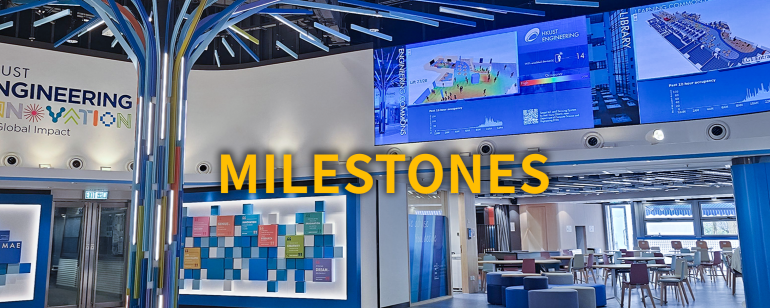
Inspiring the movers and shapers of tomorrow
Bringing together top faculty and facilities to deliver breakthroughs
Practically driving change through innovation

Preparing the Ground for HKUST
Nanosystem Fabrication Facility
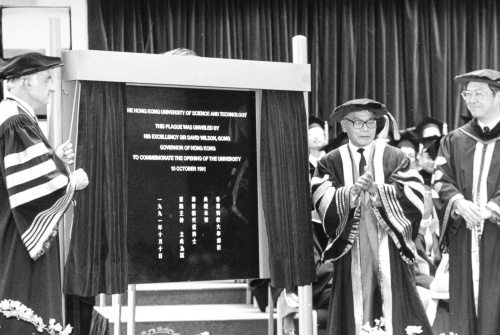
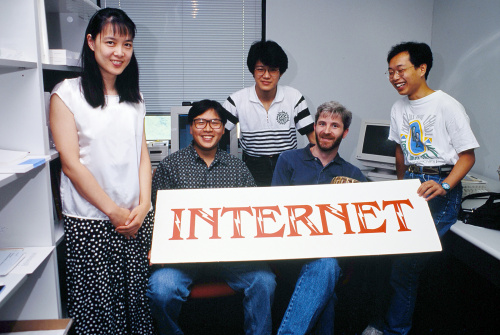
Hong Kong SuperNet
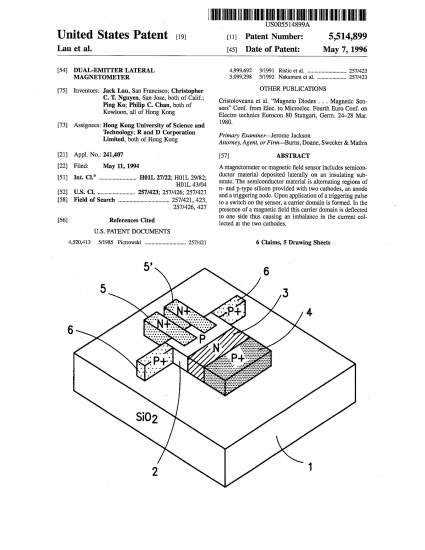
SENG’s First Patent
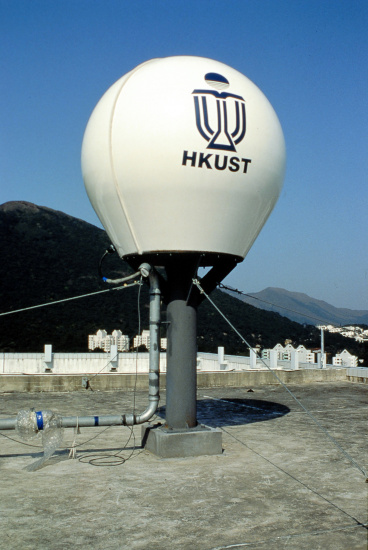
Leading the Way on Environmental Research
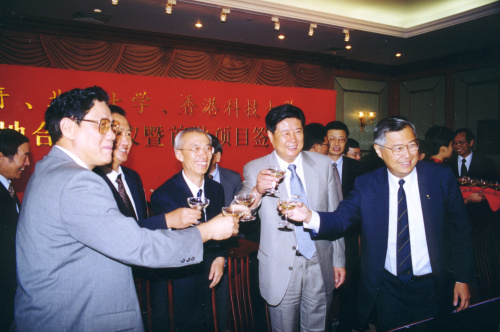
PKU-HKUST Shenzhen-Hong Kong Institution
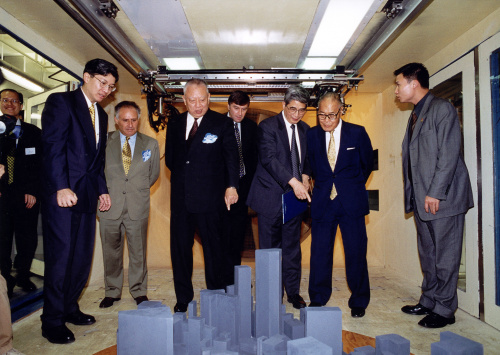
CLP Wind/Wave Tunnel Facility and Geotechnical Centrifuge Facility
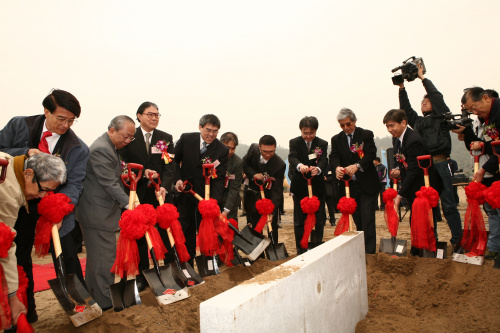
HKUST Fok Ying Tung Graduate School
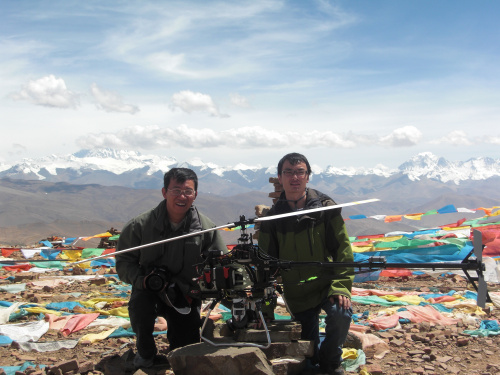
World’s First Autonomous Flight over Mount Everest
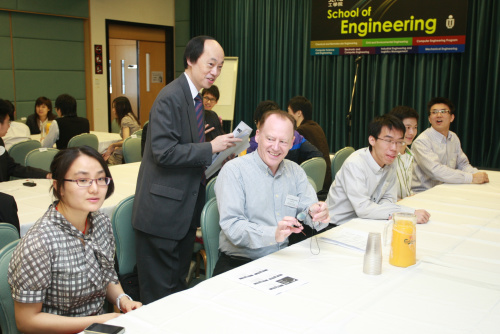
The Center for Engineering Education Innovation (E2I)
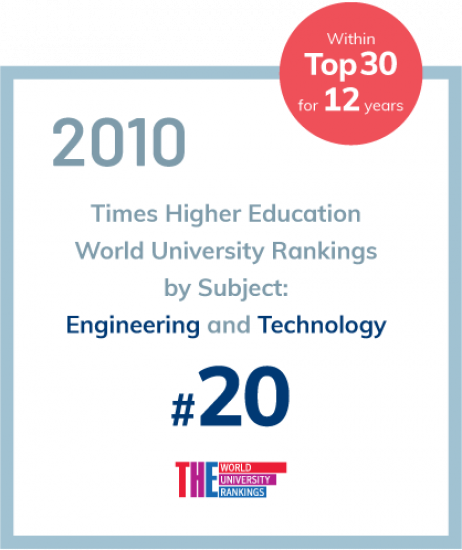
Times Higher Education (THE) Rankings
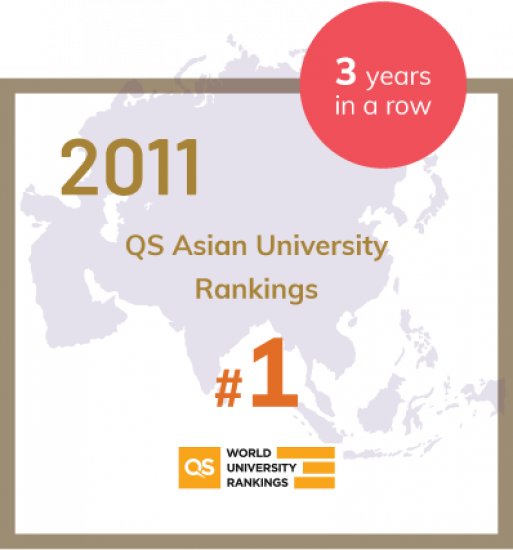

First for Online Courses
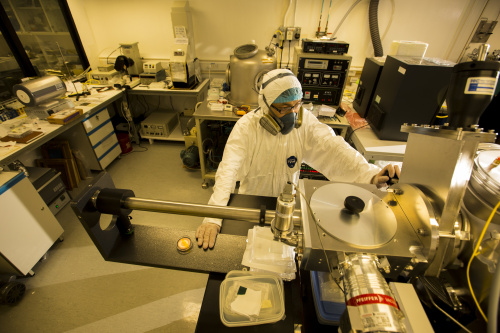
Partner State Key Laboratory of Advanced Displays and Optoelectronics Technologies
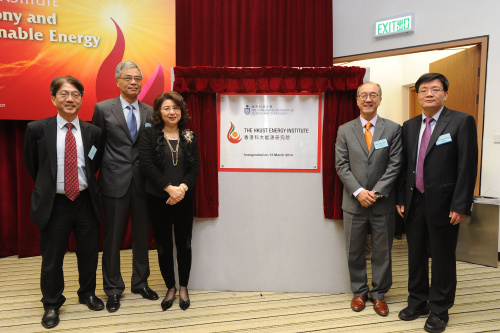
Energy Institute
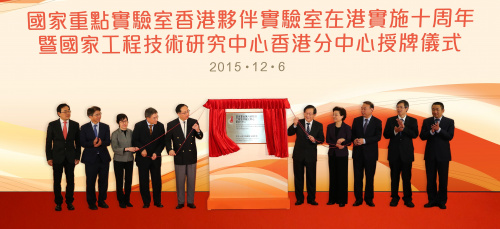
CNERC
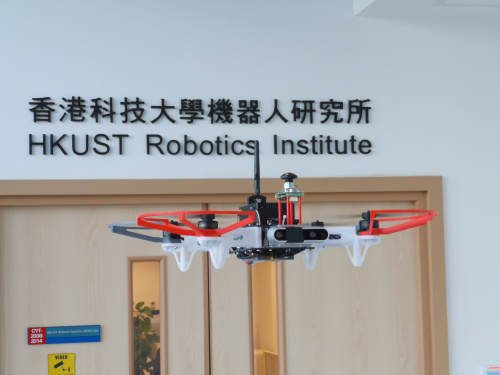
Robotics Institute
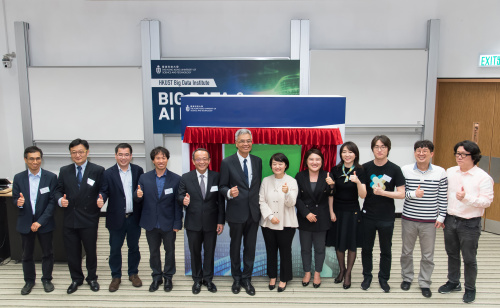
Big Data Institute
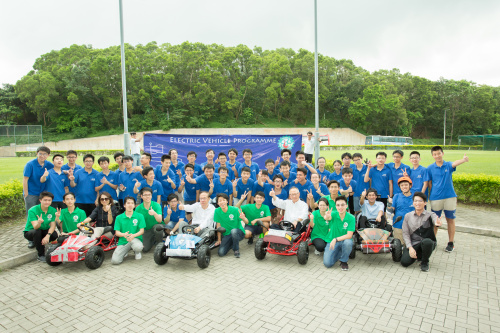
The Academy for Bright Future Young Engineers
The Academy for Bright Future Young Engineers (ABFYE) was established in 2016 with the generous support from Prof. Roy CHUNG, aiming to provide an innovative and student-centered platform to engage high school learners in authentic engineering experiences and inspire them to embrace an engineer’s habits of mind.
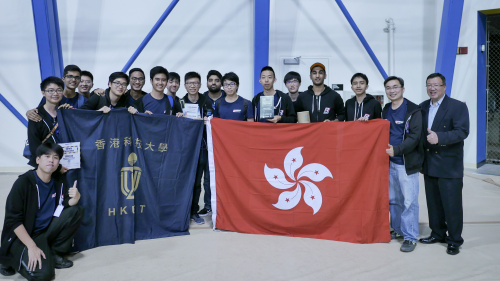
First MATE ROV World Champion Team in Asia

GREAT Smart Cities Institute
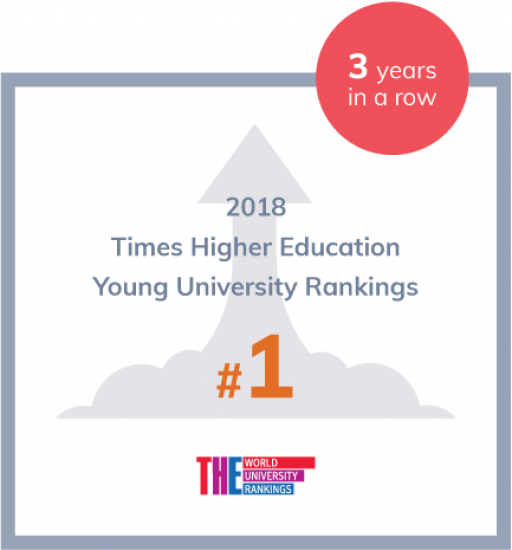
Times Higher Education (THE) Rankings
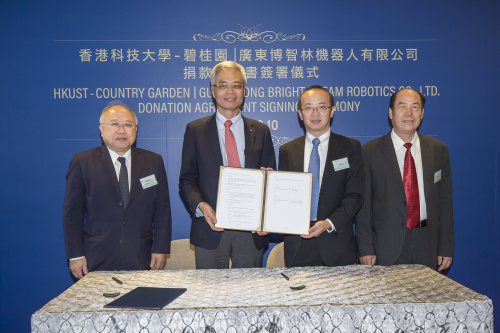
HKUST-BDR Joint Research Institute
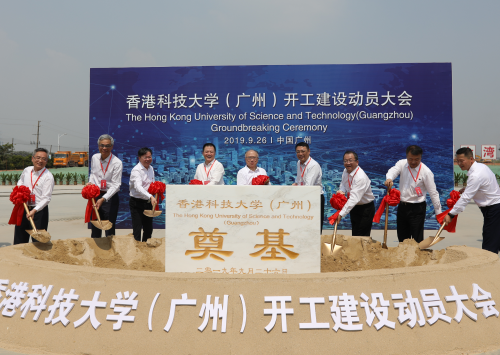
Signing of Collaboration Agreements to Establish HKUST(GZ)
Sustainable Smart Campus
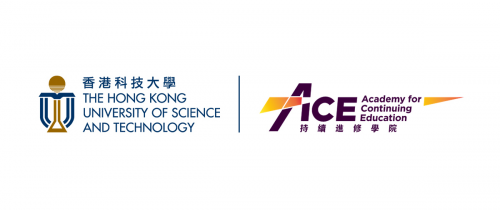
HKUST - Academy for Continuing Education
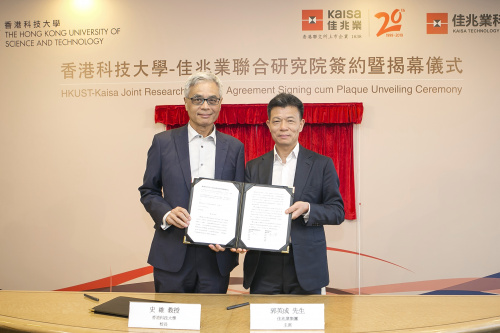
HKUST-Kaisa Joint Research Institute
HKUST Innovations Help to Tackle COVID-19

InnoHK Research Clusters Initiative
HKUST’s research centers were awarded funding from the Hong Kong government’s InnoHK Research Clusters initiatives, including two in engineering, to advance research in AI chip design and construction robotics.
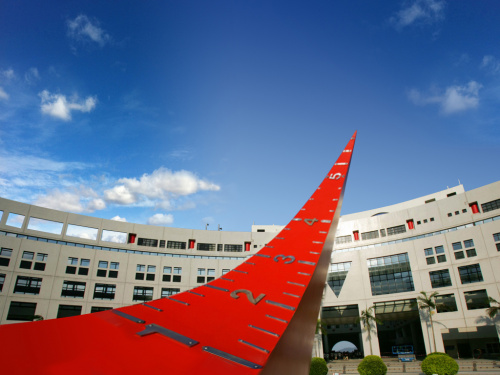
Achievement in Research Assessment Exercise
Over 80% of HKUST research work were rated “internationally excellent” or “world leading” in the Research Assessment Exercise 2020 of Hong Kong’s University Grants Committee.
Contribution to Hong Kong’s Sporting Arena
Achievements in Knowledge Transfer
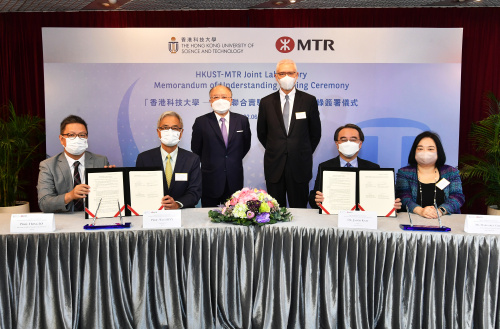
HKUST-MTR Joint Research Laboratory
The HKUST-MTR Joint Research Laboratory, the first-ever research laboratory the MTR Corporation has set up with an institution of higher education, aims to explore innovative solutions to bring convenience to the public in daily life and travelling.
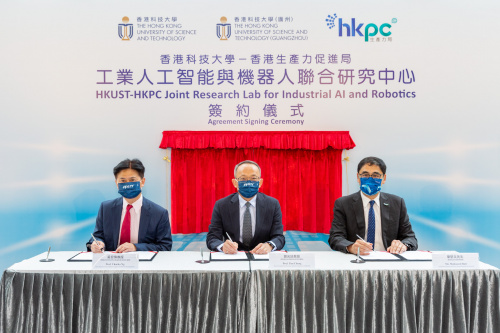
Joint Research Lab for Industrial AI and Robotics
HKUST and the Hong Kong Productivity Council launch the Joint Research Lab for Industrial AI and Robotics to foster intelligent and advanced manufacturing and industrial innovation and technology talent development.
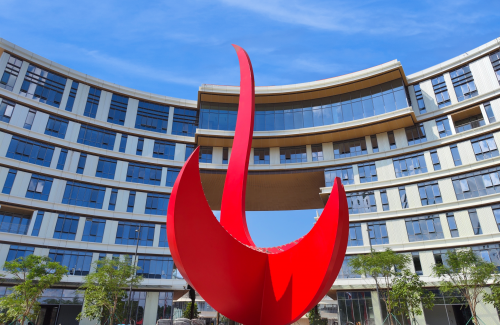
The Opening of HKUST(GZ)
Formally opened in September 2022, HKUST(GZ) is the world’s first cross-disciplinary university driving the development of Greater Bay Area and educational collaboration between Hong Kong and Mainland. The campus operates under four interconnected multidisciplinary hubs, with School of Engineering faculty taking an important role in in the systems and information hubs. The other two focus on function and society respectively.
HKUST Installs First Woman President Prof. Nancy IP at 30th Congregation
HKUST installed its fifth President and the first woman to head a University Grants Committee-supported institution, Prof. Nancy Ip, at its 30th Congregation in 2022.
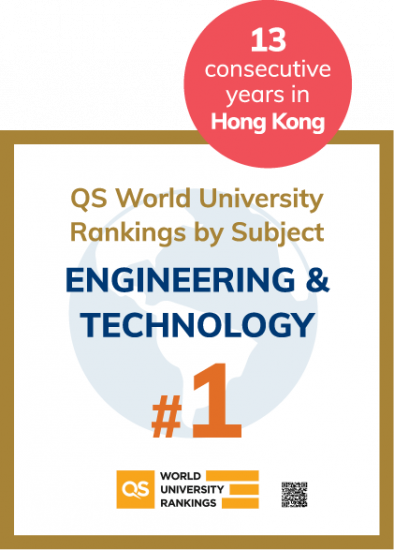
QS Rankings
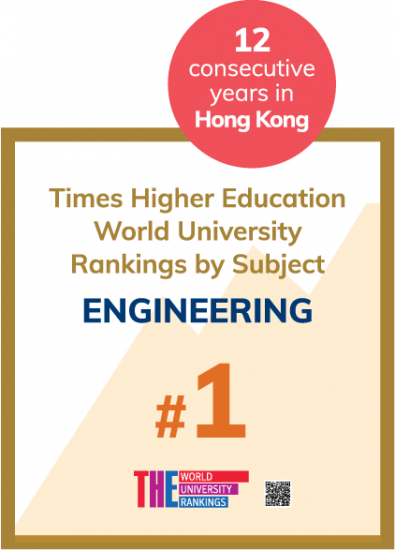
Times Higher Education (THE) Rankings
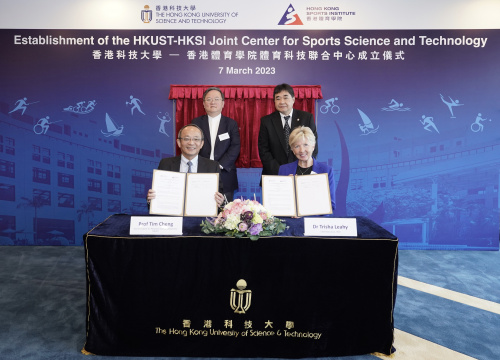
HKUST-HKSI Joint Center for Sports Science and Technology
HKUST and the Hong Kong Sports Institute (HKSI) has inaugurated the HKUST-HKSI Joint Center for Sports Science and Technology to explore the integration of research and technology into sports, promote innovation in sports science and optimize elite athletes’ performance in international competitions.
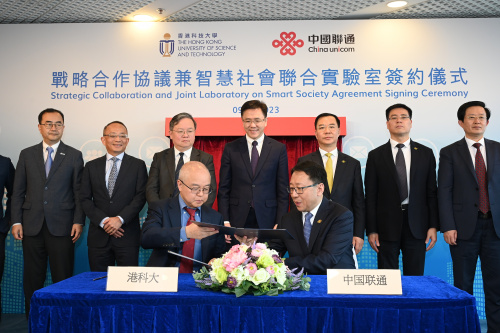
HKUST-China Unicom Joint Laboratory on Smart Society
HKUST-China Unicom Joint Laboratory on Smart Society was established to empower research and development of smart society. The Joint Laboratory is set to initiate projects covering key areas such as smart cities, industrial internet, artificial intelligence (AI) computing power and cybersecurity.
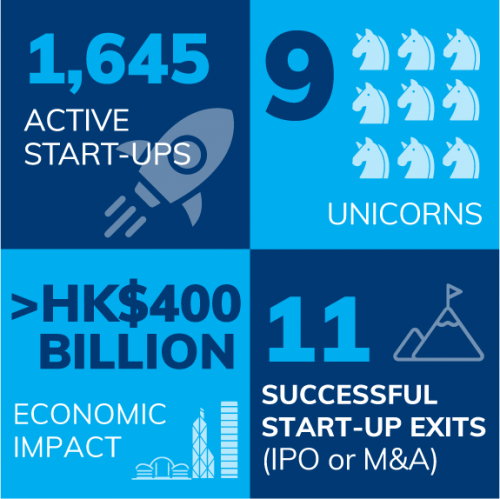
Strong Entrepreneurial Culture

One Million Dollar Entrepreneurship Competition
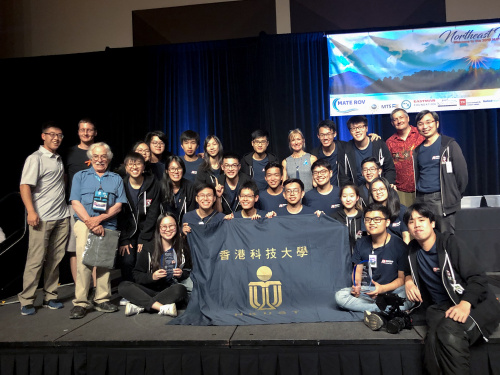
Achievements of HKUST Robotics Team
HKUST Robotics Team, founded in 2003, has joined competitions, organized community activities, workshops, underwater and ground robot competitions for youths to inspire students who are underprivileged, of ethnic minorities or with special educational needs.
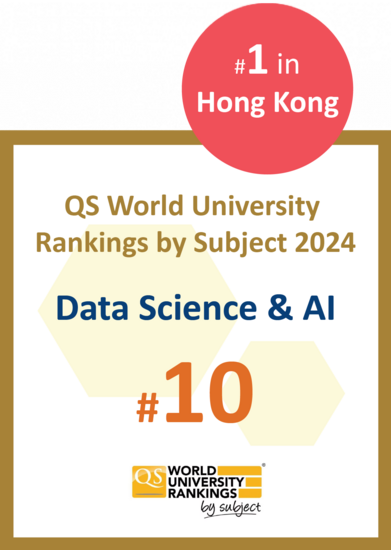
QS Rankings
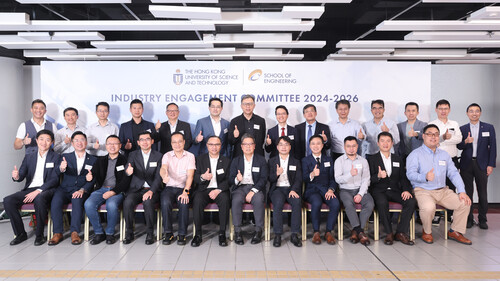
Industry Engagement Committee
Engineering Commons Renovated

Preparing the Ground for HKUST


SENG’s First Patent

PKU-HKUST Shenzhen-Hong Kong Institution

HKUST Fok Ying Tung Graduate School

The Center for Engineering Education Innovation (E2I)


Partner State Key Laboratory of Advanced Displays and Optoelectronics Technologies

CNERC

Big Data Institute

First MATE ROV World Champion Team in Asia

Times Higher Education (THE) Rankings

Signing of Collaboration Agreements to Establish HKUST(GZ)

HKUST - Academy for Continuing Education
HKUST Innovations Help to Tackle COVID-19

Achievement in Research Assessment Exercise
Over 80% of HKUST research work were rated “internationally excellent” or “world leading” in the Research Assessment Exercise 2020 of Hong Kong’s University Grants Committee.
Achievements in Knowledge Transfer

Joint Research Lab for Industrial AI and Robotics
HKUST and the Hong Kong Productivity Council launch the Joint Research Lab for Industrial AI and Robotics to foster intelligent and advanced manufacturing and industrial innovation and technology talent development.
HKUST Installs First Woman President Prof. Nancy IP at 30th Congregation
HKUST installed its fifth President and the first woman to head a University Grants Committee-supported institution, Prof. Nancy Ip, at its 30th Congregation in 2022.

Times Higher Education (THE) Rankings

HKUST-China Unicom Joint Laboratory on Smart Society
HKUST-China Unicom Joint Laboratory on Smart Society was established to empower research and development of smart society. The Joint Laboratory is set to initiate projects covering key areas such as smart cities, industrial internet, artificial intelligence (AI) computing power and cybersecurity.

One Million Dollar Entrepreneurship Competition

QS Rankings
Engineering Commons Renovated
Nanosystem Fabrication Facility

Hong Kong SuperNet

Leading the Way on Environmental Research

CLP Wind/Wave Tunnel Facility and Geotechnical Centrifuge Facility

World’s First Autonomous Flight over Mount Everest

Times Higher Education (THE) Rankings

First for Online Courses

Energy Institute

Robotics Institute

The Academy for Bright Future Young Engineers
The Academy for Bright Future Young Engineers (ABFYE) was established in 2016 with the generous support from Prof. Roy CHUNG, aiming to provide an innovative and student-centered platform to engage high school learners in authentic engineering experiences and inspire them to embrace an engineer’s habits of mind.

GREAT Smart Cities Institute

HKUST-BDR Joint Research Institute
Sustainable Smart Campus

HKUST-Kaisa Joint Research Institute

InnoHK Research Clusters Initiative
HKUST’s research centers were awarded funding from the Hong Kong government’s InnoHK Research Clusters initiatives, including two in engineering, to advance research in AI chip design and construction robotics.
Contribution to Hong Kong’s Sporting Arena

HKUST-MTR Joint Research Laboratory
The HKUST-MTR Joint Research Laboratory, the first-ever research laboratory the MTR Corporation has set up with an institution of higher education, aims to explore innovative solutions to bring convenience to the public in daily life and travelling.

The Opening of HKUST(GZ)
Formally opened in September 2022, HKUST(GZ) is the world’s first cross-disciplinary university driving the development of Greater Bay Area and educational collaboration between Hong Kong and Mainland. The campus operates under four interconnected multidisciplinary hubs, with School of Engineering faculty taking an important role in in the systems and information hubs. The other two focus on function and society respectively.

QS Rankings

HKUST-HKSI Joint Center for Sports Science and Technology
HKUST and the Hong Kong Sports Institute (HKSI) has inaugurated the HKUST-HKSI Joint Center for Sports Science and Technology to explore the integration of research and technology into sports, promote innovation in sports science and optimize elite athletes’ performance in international competitions.

Strong Entrepreneurial Culture

Achievements of HKUST Robotics Team
HKUST Robotics Team, founded in 2003, has joined competitions, organized community activities, workshops, underwater and ground robot competitions for youths to inspire students who are underprivileged, of ethnic minorities or with special educational needs.

